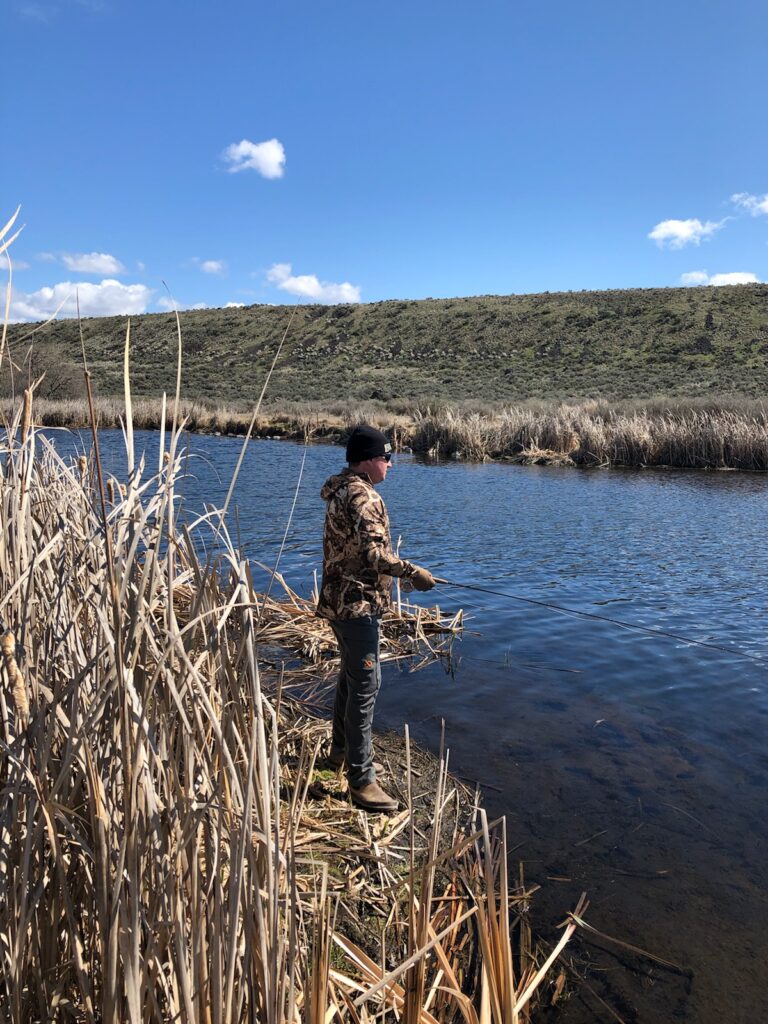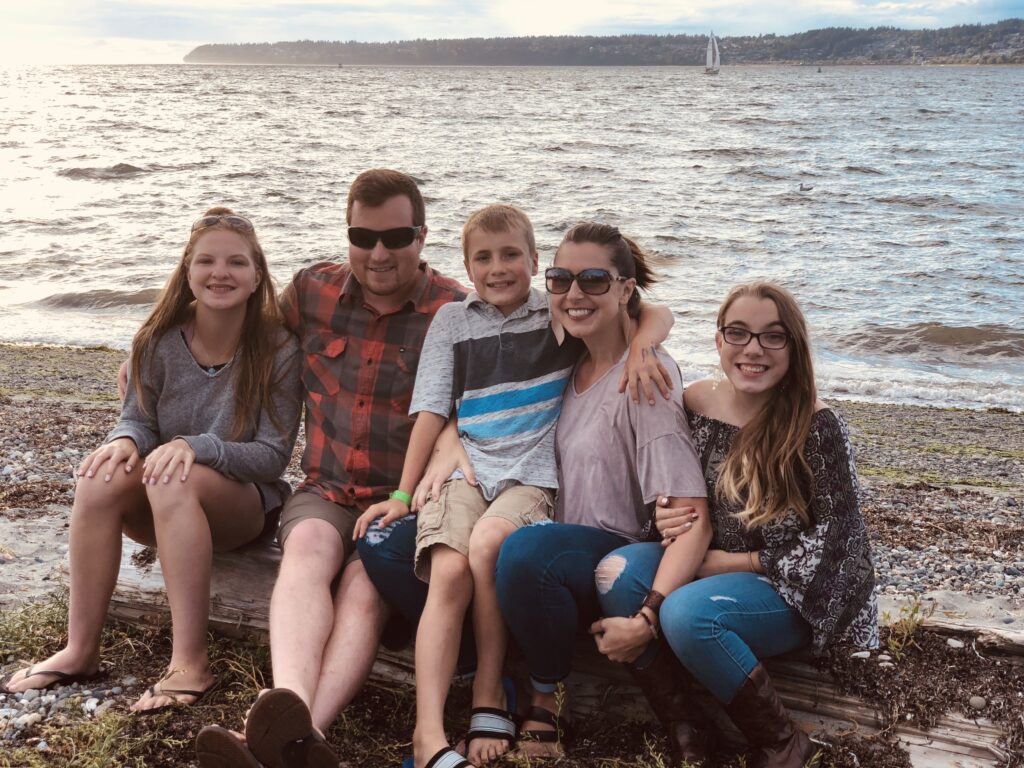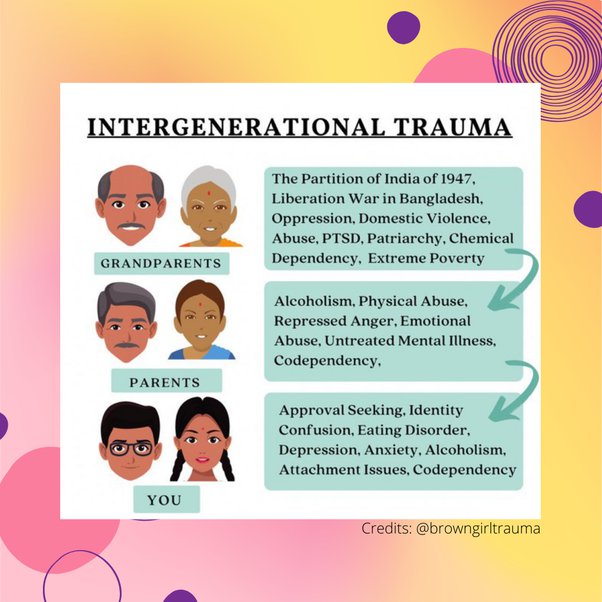One of my most-read blog posts was documenting my husband’s journey with his own mental health and healing from significant childhood trauma and abuse. Since he was brave enough to share a bit of his story, we have been contacted a handful of times with questions about Ketamine and EMDR, two modes of healing not often talked about when addressing mental health. I thought this might be a good catch-all blog post that anyone can share with someone curious about ketamine and some answers from a pretty blunt, adult male perspective (and I love him for that).
Ketamine journey – part 1 (what is it)
Ketamine journey – part 2 (his perspective)
What happens in a Ketamine session?
You go into a room with a nurse and they take your vitals. Then, talk to you a little bit about how you’re doing. If you’re nervous or anything like that…..then they walk you through next steps like putting the IV line in, getting you an eye mask, and headphones with music. You can talk to them if you need to since they sit there the whole time with you.
How does it feel when you’re under?
First off, they start with low doses and progress upward in the process of your appointments. When they put the IV in, it takes 10-15 minutes for it to kick it out of a 45 minute session. Once it kicks in, I can feel it “coming on” where my body feels fuzzy everywhere but not scary, it’s a nice feeling. After that, it’s hard to explain….when you close your eyes, stuff just starts to come up – it depends on what you’re focused on, what you’re working through. For me, it was past trauma and having conversations with my abuser.
They start you with 6 sessions, 2/week and it progressively gets tougher as time goes on.
What happens if you panic/freak out when you’re “under”?
There is someone there to help talk you down if you do panic and give you choices and control if you want to stop. I ripped the eye mask at one point and they helped calm me down with some different coping strategies (heat, ice, oils, etc.). I only panicked for a short time before I realized I was safe. That was only because I was digging through some deep stuff at that point.
Were you nervous?
The first time – yes. In my first IV, they gave me a small bit of anxiety meds and that helped but then after that, I knew what to expect. I was nervous at the next appointment after a really hard one and then the nurse helped remind me of the procedures that I can request to stop it. Then it was one of my better sessions.
Did it help?
Yes it definitely helped. I have had very little anxiety after I started last year. The ruminating thoughts, which was the biggest thing for me, have pretty much gone. Sine I haven’t been to an appointment in a while, I can “feel the edge” starting to creep back in which is a reminder for me to schedule an appointment.
How often do you need to go?
They suggest 2 sessions a week for 3 weeks. After that, you do 1 a month for 3-4 months. And then every other month. At this point, I schedule sessions as needed. It’s been 2 months right now and I want to schedule another session before summer ends.
How is Ketamine different than traditional talk therapy and/or medication?
I did both of those things for years and there’s not anything wrong with those, I just personally plateued with those methods. Ketamine helped me be present in my trauma/mind’s eye and deal with it in “real time” through conversations or observing what happened with my adult brain. I realized that trauma was definitely stored in my actual body (which my wife has been telling me for years) and my left side actually was agitated more during treatments which is interesting and proved that point to me.
How do I know if Ketamine is a good choice for me?
If you have been trying other things like therapy, medication, or other mental health interventions and it feels like nothing is working or stagnant (also known as treatment-resistant anxiety/depression)- this is an option for you to look into. You can call the place for a consult and they ask you questions about your history of trauma, medication, referral and hopes for the treatment to address your anxiety and depression.
Even after him enduring this interview, he offered to talk to anyone with questions about his experience, so if that’s you – let me know and we can set it up.




